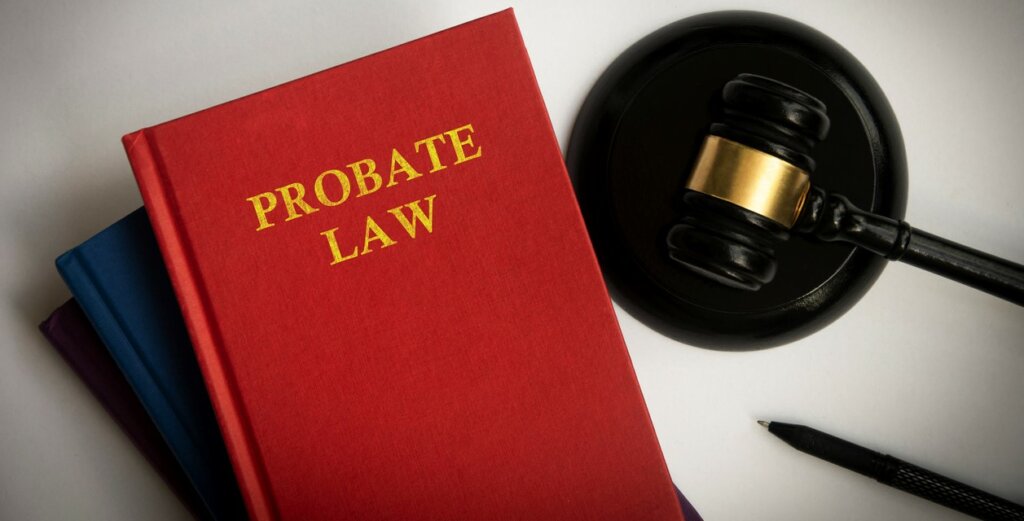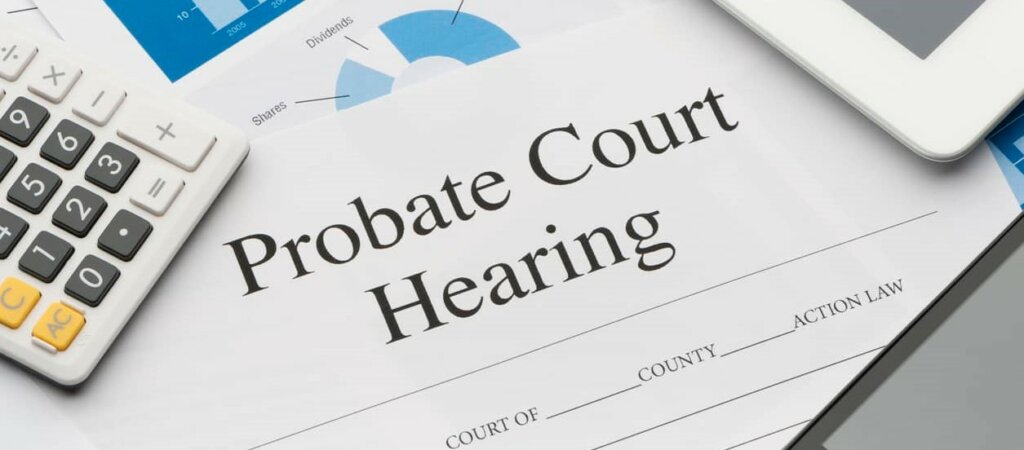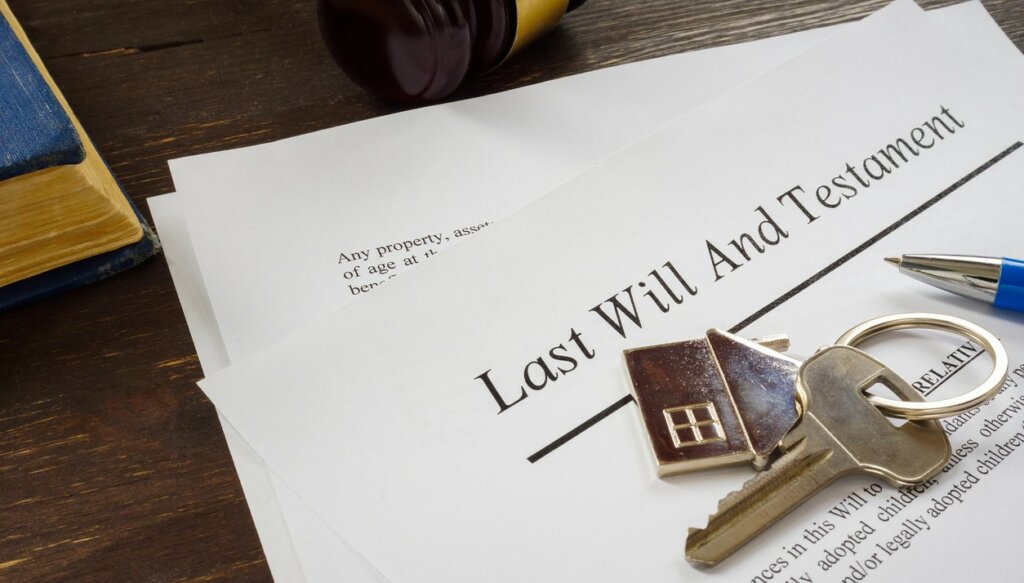For many of us, the thought of leaving property after we die to someone raises the question of how do I get the property to someone else.
Drafting a will can seem like a simple process. It’s simply a question of designating your property to named beneficiaries; and in the case of minors, naming an executor or guardian who will competently manage the property until they turn 18. There’s just one problem. And it’s one you can’t afford to ignore—probate.
Probate isn’t just a time consuming process which can take weeks or even years to resolve, it can also be an emotionally taxing one. One which can stir up bitterness, jealousy and anger.
It can be expensive, as well. While the cost of filing probate in Utah is relatively minor, attorney fees are not. And while Utah law forbids attorneys from charging percentage fees based on the assets in your property, hourly costs for a probate attorney in Utah can reach up to $300 per hour. And if probate winds up lasting for months on end, you may find those fees can sometimes exceed the actual value of your assets. Physical property, in some circumstances.
If you’re concerned about what happens to your property after you die and are considering a will, here’s what you need to know about how to avoid probate.
What Is the Probate Process in Utah?

At its most basic definition, probate simply refers to the legal & official probate process of how an estate is identified, managed and distributed by an administrator as a result of a court order. It typically is initiated when the court receives a petition to open the probate of an estate or admit a will.
Without an administrator (also known as an executor or personal representative) designated by the terms of your will, one will be appointed by the court to itemize and calculate the value of your assets and oversee any debts, taxes or bills owed. After all property has been accounted for and any outstanding debts paid, a probate court will order distribution of any remaining assets among your heirs.
If there is a valid will, it will dictate which heirs get what. If there is no will, Utah law will dictate which heirs get what. The executor or personal representative must follow the instructions in the will or follow state law in how the remaining assets are distributed.
Once the creditors have had a chance to make claim on the estate and the remaining assets of the estate have been distributed, the probate can be legally closed.
What Are The Benefits Of Probate?
The chief benefit of probate is to officially validate your will (including naming legal guardianship of any child under the age of 18) and to ensure beneficiaries receive proceeds from your designated property without facing the threat of creditors or liens as a result of any outstanding debts.
The closing of the probate also finalizes any claims on the estate by creditors or heirs.
Is Probate Required If I Have A Will?
In most cases a probate is still required even if there is a valid will.
Not necessarily. But unless the terms of your will indicate your assets are not specifically allocated to avoid probate, your heirs will not be able to claim legal ownership of property—which can be one of the most time consuming and costly reasons why most people prefer to avoid the process altogether.
How Long Does Probate Take in Utah?

The probate process in Utah can take a day or months to complete. However, most non contested probate cases take about two weeks. Another factor in how long a probate takes is if the deceased person had a will or not.
If there is a will the specifies who the personal representative is and which heir gets what form the estate, the probate will move along quickly if it is not contested. Each heir listed in the will will need to agree in writing that the estate’s assets will be distributed as the will states for a quick resolution. There will also need to be no one hat contests the will.
If there is no will, Utah state law will dictate which heirs get what from the estate. The court will approve a personal representative to distribute the estate assets according to Utah law.
Any probate can be contested regardless if there is a will or not. An heir or an outside party like a creditor or person not named as an heir can contest what happens in a probate. However, it is difficult to have a compelling case to contest a valid will or Utah law in the case of no will. A contested probate can take weeks, months or years to get completed.
Can I Sell a Property in Utah While in Probate?

The the judge overseeing the probate case must have approved and issued a Letters of Administration (there is no valid will) or a Letters of Testamentary (there is a valid will) to the personal representative. At this time, the personal representative can sell a probate property, access bank and retirement accounts and pay the debts of the deceased.
Real estate is considered the main asset for most estates, and probate courts will frequently insist on its sale by an executor to pay any valid claims against it if necessary.
If a home isn’t sold during probate, an executor could potentially distribute it to the beneficiaries. Sometimes court approval will be necessary. Probate home sales are fairly common and can take place as long as the proceeds are used to pay any debt.
Another alternative is to sell your home to an investor that will rent the home back to anyone the personal representative approves of in the transaction. Gary Buys Houses offers you a unique solution called our “Sell Now Move Later” program. We’ll buy your home as is, without the need of a realtor or attorney. You can continue to live in your house even after the sale, and can even arrange for you to purchase your property back after any outstanding debts which could force probate disputes are paid.
Is a Will Right For My Estate?

I think the most important thing a will can do for all parties is to tell everyone including the court who the personal representative will be and what heirs get what. However, the final say is definitely up to your and/or your spouse/partner. If your non physical assets fall below the $100,000 threshold mentioned previously, you may want to take advantage of a small estate affidavit. And so long as both you and a spouse can agree to joint tenancy when owning property, it can certainly protect your home from being entered into probate if one spouse or partner passes first.
Having a valid will is important when it comes to inheritance law and which parties get your assets upon your death.
But while a will might be flexible enough to be altered when circumstances permit (something that alternatives such as an irrevocable living trust can’t afford you), it’s not fail proof. It doesn’t insure against creditors, taxes or legal disputes. It can offer you peace of mind, however—and ultimately, both your heirs and yourself may find that to be more valuable than any property you leave behind.
How Can I Avoid Probate?
Retirement accounts and life insurance policies are only entered into probate court on suspicion of fraud. So long as you’ve designated beneficiaries for these types of accounts, they’re the legal property of the listed beneficiaries or the estate and are not subject to creditors.
In Utah, there’s a particular clause you can use to avoid probate if your property falls under $100,000. It’s called a small estate affidavit. It grants the right for a named executor to collect and distribute your estate if at least 30 days have passed since the death. However, it cannot be used to claim physical property, such as your home; nor can it be used to transfer any titles.
Luckily, Utah also has another clause which can automatically transfer physical property to an heir known as a joint tenancy. In a joint tenancy, a surviving spouse, partner or anybody that owns property in joint tenancy automatically becomes the owner of any physical property through a legally established right of survivorship—without the need for a court order. Keep in mind that joint tenancy ownership must be designated and notarized on both your property title.
One final method you may want to consider to avoid probate is to establish a revocable living trust in lieu of a will. Revocable living trusts can be significantly more complicated than a will and most people would be well advised to seek legal help when drafting one. It doesn’t prevent taxes upon your property, and neither can a will for that matter. But it can permit you to avoid probate altogether and still have the peace of mind knowing your heirs are legally entitled to your estate.
Do You Just Want a Probate Property Sold?
I can buy your inherited property no matter the condition. I can even help you get an estate through probate if necessary. I always welcome questions. Contact me here.
